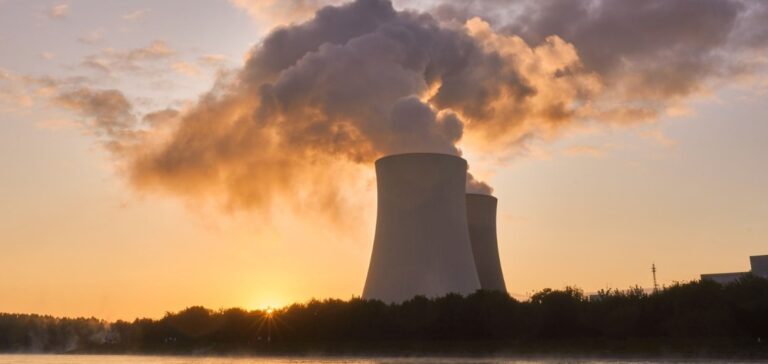EDF recently announced a significant expansion of its international cooperation in the nuclear sector. This is part of a strategy to strengthen its presence on the global civil nuclear scene, particularly in India, Canada and the Czech Republic. These initiatives reflect not only EDF’s ambition to promote French nuclear technology abroad, but also its ability to adapt to local markets and regulations.
Developments and challenges in India
In India, EDF hopes to complete the construction of six EPR reactors at the Jaitapur power plant, a project that has been under discussion for 15 years. Despite this promising outlook, EDF’s recent cancellation of an agreement with Larsen & Toubro highlights the challenges the company faces, particularly in terms of negotiating and adapting to local partnerships. The cooperation with BHEL, however, symbolizes EDF’s support for the Indian government’s “Make In India” initiative, highlighting a more strategic and focused approach to the region.
Canadian Perspectives
In Canada, the signing of a letter of intent with Ontario Power Group marks a step forward in the evaluation of EPR technology deployment. This initiative suggests a growing recognition of the reliability and flexibility of EPR technology, which could potentially transform the energy landscape of Ontario and other regions.
In the Czech Republic, EDF’s intention to build an EPR1200 is backed up by cooperation agreements with local companies. These agreements, focused on the construction of unit 5 of the Dukovany power plant, illustrate EDF’s commitment to localizing activities, strengthening local supply chains and underlining a strategy of mutually beneficial cooperation.
EDF’s recent initiatives demonstrate an ambitious and diversified strategy, marking a turning point in the Group’s international expansion. While the agreements signed open up new prospects, the challenges encountered, particularly in India, underline the importance of flexibility and adaptation in complex global nuclear markets.






















